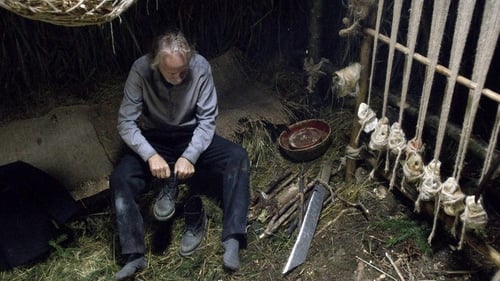Chanaika (2007)
장르 :
상영시간 : 20분
연출 : Victor Vroegindeweij
시놉시스
Chanaika (11) threw her violent father out of her family home. After this emotional event, she shows that she doesn't let down easily and now dances in front of a million people during the Summercarnaval in Rotterdam.

Documentary exploring the origins of the modern Olympic Games by following three athletes from Italy, Greece and Spain (all ancient Greek colonies) as they partake and examine the ancient sporting methods in Greece and two English Olympicks of the 19th century which were the forerunners and inspiration for the modern day Olympics.
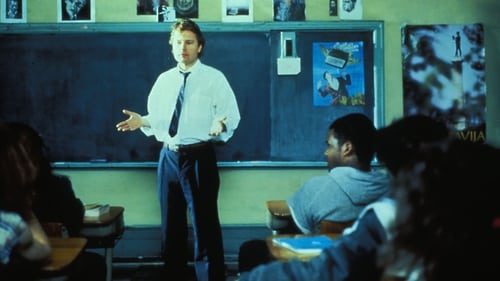
A New York teacher indulges a mad high school poet who sees himself as a mythic hero.

The “CittàGiardino” centre for immigrants is closing. There are only six teenagers left in the house. They have all arrived from Africa, walking through the desert, or risking their lives by boat across the sea. Now they are there stuck in the Sicilian hinterland, waiting desperately for a visa that might not come at all or a transfer directive. Thus, the days begin to look all the same. Sleeping, eating, and toying endlessly with their smartphones hoping that something might happen in one way or another. And the feeling of being like a trapped animal or a prisoner grows increasingly stronger. But Sahid does not like to wait anymore, idling around, while time slows down excruciatingly. With the help of his friend Farouq he plots an escape plan.
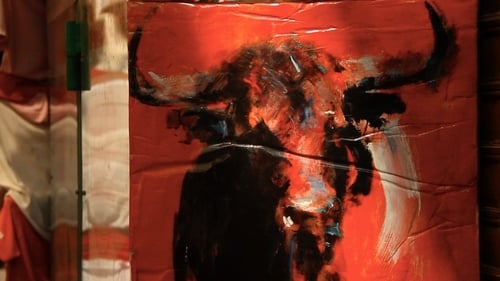
Aurélien, a close friend of the director, is diagnosed with Asperger syndrome. He lives in fragile stability and in constant confrontation. In Quelle folie, he either confronts the camera or is confronted with the crowds that fill the streets of Pamplona during the festival of San Fermín to face the bulls running aimlessly.

Vera's 40th birthday is approaching and she's tired of being single. She'e desperately in love with her colleague Frank, but her tired life-coach wants her to lower her standards, lock-on a more resonable guy and get on with her life.
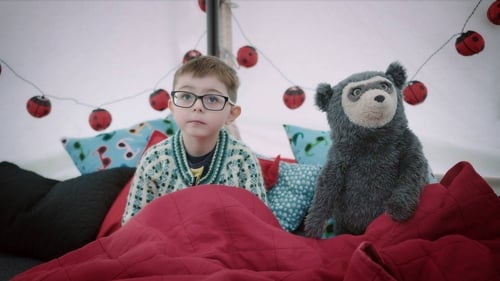
Julian goes on holiday with Bo Bear, but wants a peer playmate more than anything. Can green waffles or fantasy magic help Julian make a friend?

Over a period of six years, director James Bluemel and producer Gordon Wilson followed epileptic alcoholic Nigel (37) from Oxford, England, who managed to slip through the net of the welfare system for 66 months. Self-mutilation, alcohol, and childlike delusions mean Nigel is a vulnerable man. In the words of his social worker, "Nigel has been abused financially, sexually, and emotionally for years." She's referring to the days when, while out "in the wild," a man named Robbie took Nigel under his wings. He was like a father to Nigel, while at the same time absolutely unfit for the role of caregiver, especially because he couldn't keep his hands to himself.

The story of Christ’s death and resurrection has dominated western culture for the past 2000 years. It is perhaps the most significant historical event of all time, as recounted by the gospels but, equally, as depicted by the greatest artists in history. From the triumphant to the savage, the ethereal to the tactile, some of western civilization’s greatest artworks focus on this pivotal moment. This beautifully crafted film explores the Easter story as depicted in art, from the time of the early Christians to the present day. Shot on location in Jerusalem, United States and throughout Europe, the film explores the different ways artists have depicted the Easter story through the ages and thus depicts the history of us all.


Wawata Topu (Women Divers in Rasua dialect) is an award winning documentary about four generations of fisherwomen striving to make a living in the coastal village of Adara, West Ataúro in Timor-Leste. Their daily lives, their economic practices and their vital concerns, as well as the contradicting discourses and social barriers they face, are shown in this ethnographic portrait that makes visible their critical contribution to the household economies and the fishing community at large. Their underwater dancing takes place in a context of rapid social change, where the generalization of the formal education, the progressive consolidation of western moral values and the potential openness of more attractive livelihoods not linked to the sea, seem to be forging a social negotiation of the household economic strategies initiated by the oldest generation during the 50’s.

The Rostom is an overnight shelter for the homeless, located on the outskirts of Bologna. It appears like a ghostly moon base in the middle of the countryside, where beams of neon light draw the profiles of insomniacs, who in the middle of the night get up and go out for a smoke or a chat. Weaving the threads of their stories is David, an Englishman who has been wandering the world for seven years and has landed at Rostom exhausted and eager to get back on his feet and tell his story

This documentary is the result of a series of visits the filmmaker makes over the course of a year to the house of Pierino, a cinephile and a fascinatingly organized man.

Long ago in a faraway land, a young wizard's apprentice named Alerik discovers a pathway under the wall that surround his land to a shining city alive with the magic of Christmas.
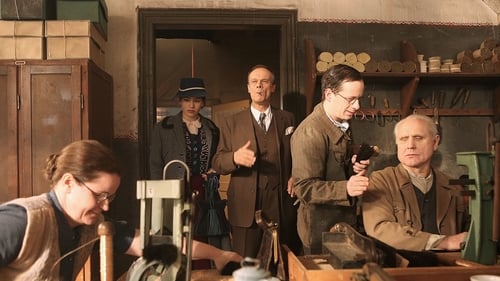
A Blind Hero depicts Otto Weidt's story as told by award-winning journalist and author Inge Deutschkron, who tells the incredible tale of Weidt's efforts to save her and the rest of his employees from the Nazis, including Alice Licht, the love of Otto Weidt's life.
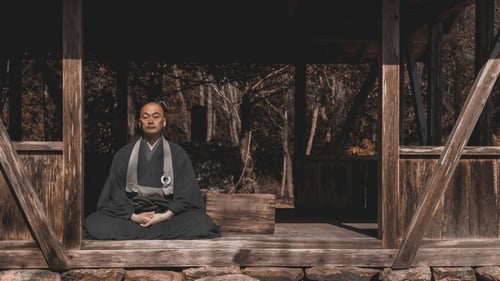
Zen priest Ittetsu Nemoto lost an uncle and two friends to suicide. It left him with deep emotional scars, and he decided to start an online support group for people with suicidal thoughts. Nowadays, he receives them in person at his temple... Each painful story paints an intriguing picture of what life on the edge can look like. Together, the portraits form a quiet plea for a broader view on the treatment of suicidal behavior.

Jonathan Katz strongly believes that candidate Bernie Sanders is the only hope for the United States of America threatened by Donald Trump. Sanders is a voice outside the establishment and has put new values and priorities into his political agenda. Pushed forward by his enthusiasm, Jonathan joins the thousands of women and men that rally around the caucuses supporting Senator Sanders.

Challenged by her step-sister to return home, a young woman hiding from her past in a remote Japanese village is abducted into a fantastic wilderness and pursued by a monster, with only four nights to escape to Tokyo and face her demons.

On 26 September 1928, Karel Capek and President T.G. Masaryk meet in the gardens of Topolcianky castle to decide about the fate of their joint literary work. Their fiction film dialogue is based on quotes from a future book and their mutual correspondence, considerably freeing the original format of literary conversation from binding conventions. Capek and Masaryk reproach and offend each other, but they also ask key personal questions and questions about the social functions of a writer and politician respectively. "It's a film about two extraordinary men; it's about the fact that emotions can be sometimes more powerful than ideas even in such exceptional people.












